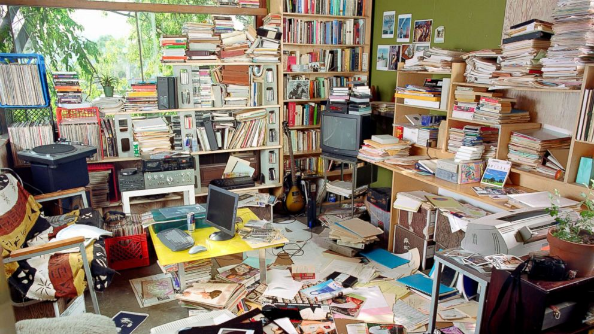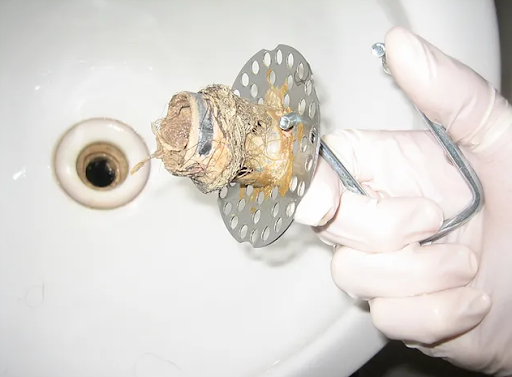Hoarding is a big deal because it goes against the basic instinct to create a safe and comfortable personal space. Instead it’s as if outer demons have taken over what is supposed to be a shelter. Compassion is usually not the first emotional response to encountering such a situation. No wonder hoarding cleanup is a big deal.
Table of Contents
What Is Hoarding?
Hoarding is a psychological condition in which people compulsively and chaotically collect things, including common objects, food, trash, and even pets. Often emerging in early adulthood, the behavior worsens through the lifespan. In extreme cases, the home can be so packed with belongings that doors and windows become blocked. Sleeping, hygiene tasks, meal preparation, and other activities of daily living are disrupted. The effects on family and social life are catastrophic.
Why Do They Do That?
The causes are still unknown, but a painful or traumatic life event often triggers uncontrollable urges to shop or collect while finding it difficult to discard anything. The urges intensify over time. No nationality, gender, or culture is immune. In the United States, more than 19 million people suffer from this increasingly common behavior.
Can It Be Controlled?
Hoarding is not a moral transgression. Like addiction and other psychiatric conditions, it is a medical disorder affecting thoughts, beliefs, feelings, and behaviors. So far no cure exists. If help is accepted, treatment often consists of medication to ease the anxiety and therapy to manage the behaviors.
The Dangers in Hoarding
Thinking is distorted so patients lose sight of dangers surrounding them. The clutter not only makes falling a risk, but being buried under “landslides.” Fires rapidly spread out of control. Escape pathways to doors and windows are blocked, as are first responders trying to access the home. Home repair technicians are unable to check plumbing, electrical wiring, and HVAC equipment. Mold, insects, and rodents invade, reproduce, and cause irreparable damage.
How Should You Act with Someone Who Hoards?
Don’t comment on how offensive the home is. Many people who hoard are in denial of any problem, so lecturing causes further emotional withdrawal. They often conceal their shame, fear, confusion, loneliness, and hopelessness. Threatening to invade their privacy only causes more stress. Try compassion:
- Establish trust with respect
- Avoid judgmental words like “junk” and “garbage”
- Don’t ask questions such as “How can you live like that?” or “Why can’t you just clean it up?”
- Don’t make surprise visits or insist on going inside
- Focus on safety and well-being
- Show support with phone calls, online contact, and outings; ask if help is needed with specific tasks; gently offer resources for information and assistance
Help Is Available
Hoarding cleanup is vital to make the home safe. Find experienced cleaning services for hoarders to ensure cooperation and the smoothest possible outcome. The ideal professional hoarding cleanup agencies are trained and experienced to build trust and offer respect and compassion while getting the job done.
Invading a person’s privacy can be painful for anyone. Entering with the goal of healing rather than destroying, and offering kindness instead of criticism will go far in making society more humane.





